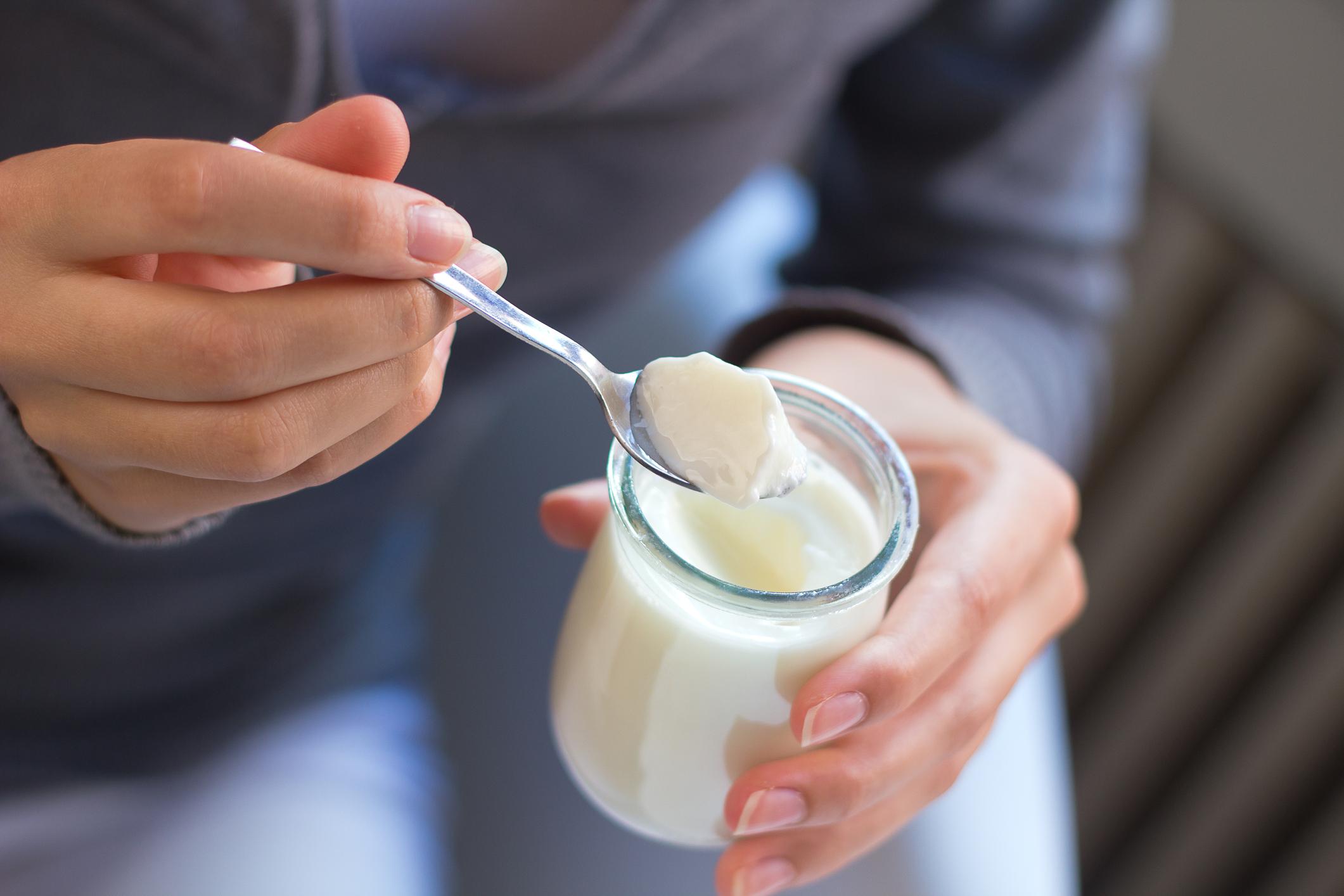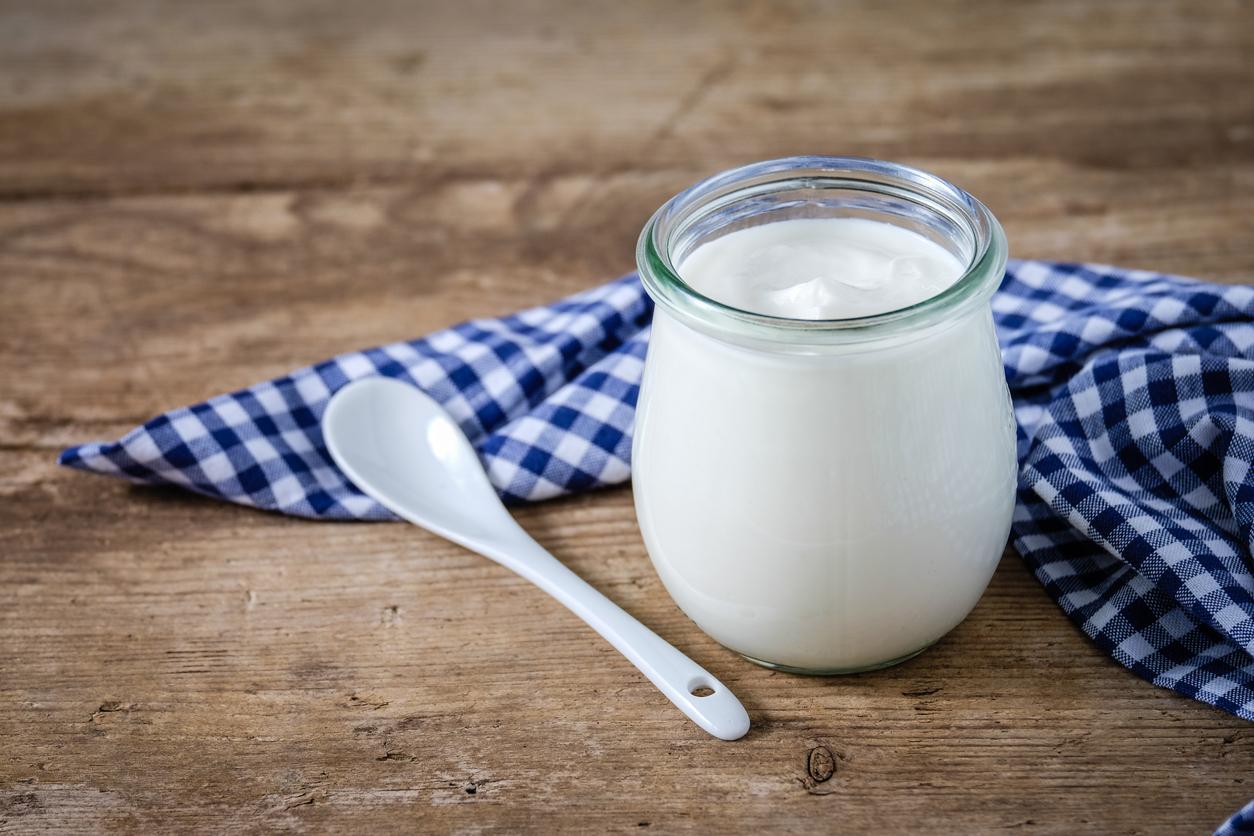A bacteria found in fermented foods and yogurt, called Lactobacillus, helps the body manage stress.

- Disruption of lactic acid-producing bacteria (Lactobaccillacea), found in fermented foods and yogurt, is associated with mood disorders.
- A study carried out on mice showed that Lactobacillus helped the body manage stress and could help prevent depression and anxiety by regulating the immune system.
- This result opens the way to new methods and therapies to treat mental disorders.
We know: our intestines are populated with bacteria, fungi and viruses. Over the years, scientists have realized that these microorganisms and their interactions are essential to our immune system, mental health, and many other aspects of our well-being. The imbalance of the microbiota, whether due to disease, poor diet or other causes, is known to contribute to many pathologies and even promote the appearance of cancer.
How can a Lactobacillus deficiency worsen depression and anxiety?
“Disruption of the lactic acid-producing bacteria community, Lactobaccillacea, has been well documented in mood disorders and stress exposure. Indeed, a supplement containing many Lactobacillus species can enhance these effects, by preventing depressive and anxious type behaviors”, indicated researchers from the University of Virginia (United States), who point out that these bacteria are present in fermented foods and yogurt.
From this observation, they decided to continue their research on depression by analyzing bacteria, known as “Altered Schaedler Flora”, which include two strains of Lactobacillus and six other bacterial strains. Using this rarely used bacterial community, the team was able to create mice with and without Lactobacillus, avoiding the need for antibiotics, and explain how lactobacilli influence behavior and how a deficiency of the bacteria can worsen depression and anxiety. .

Depression: an immune mediator regulates the body’s response to stress
According to the results, published in the journal Brain, Behavior, and Immunity, lactobacilli of the Lactobaccillacea family maintain levels of an immune mediator called “interferon gamma”, which regulates the body’s response to stress and helps prevent depression. Using this data, the authors can develop new methods for preventing and treating depression and other mental conditions in which Lactobacillus plays an important role. For example, people suffering from (or at risk of suffering from) depression might eat one yogurt a day or take supplements to optimize their levels of helpful Lactobacillus.
















